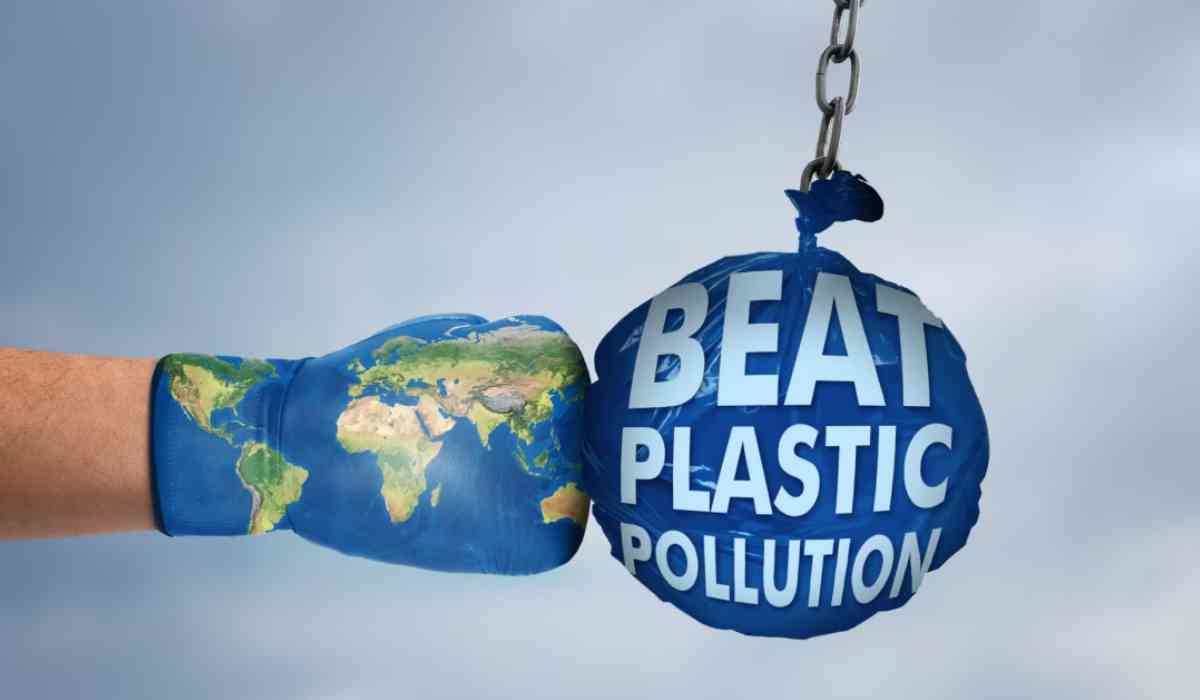The escalating plastic pollution crisis has spurred scientists worldwide to seek innovative solutions. Recent breakthroughs in environmental science, particularly in the realm of microbiology, offer promising avenues for addressing this global challenge.
The Power of Microorganisms: Plastic-Degrading Fungi and Bacteria Researchers at the University of Sydney have made significant strides in identifying fungi capable of degrading plastic. Aspergillus terreus and Engyodontium album are two species that have shown remarkable potential in breaking down polyurethane, a commonly used plastic.
These fungi secrete enzymes that can effectively degrade the plastic's chemical bonds, transforming it into simpler compounds. Meanwhile, scientists at the Kyoto Institute of Technology have isolated a bacterium, Ideonella sakaiensis, that can metabolize polyethylene terephthalate (PET), a widely used plastic found in beverage bottles and other products.
This bacterium produces enzymes that can break down PET into terephthalic acid and ethylene glycol, which can be recycled. The discovery of these plastic-degrading microorganisms has profound implications for waste management and environmental conservation.
By harnessing the power of nature, we may be able to develop sustainable solutions to the plastic pollution crisis. These microorganisms could be used to break down plastic waste in landfills, oceans, and other contaminated environments. Additionally, the enzymes produced by these organisms could be extracted and used in industrial processes to recycle plastic more efficiently.
With inputs from agencies
Image Source: Multiple agencies
© Copyright 2024. All Rights Reserved Powered by Vygr Media.





















